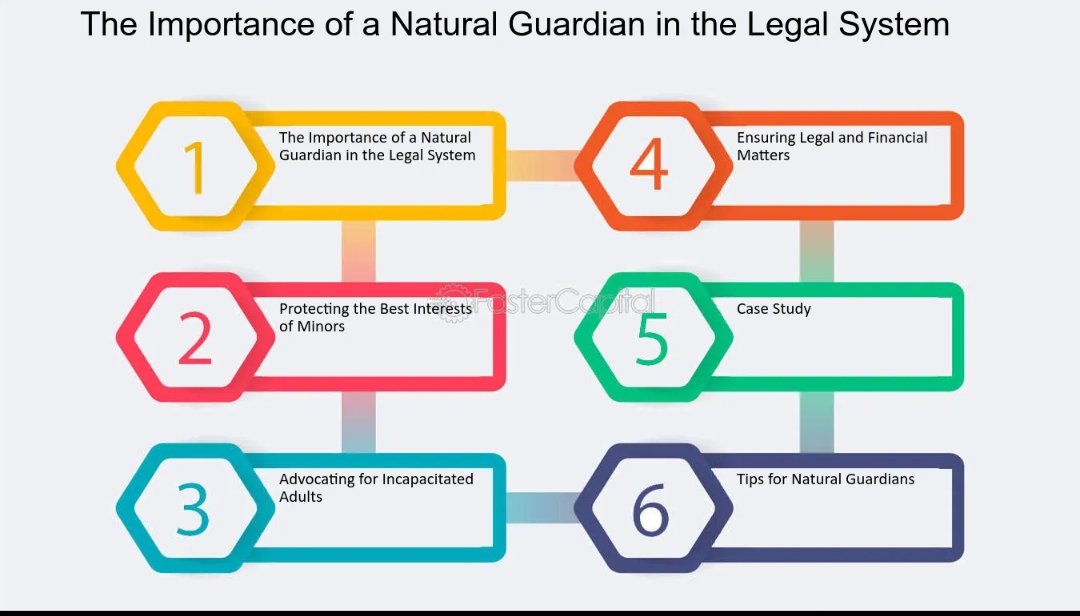Guardianship is a legal concept designed to protect individuals who are unable to manage their affairs independently. It involves appointing a guardian to make decisions on behalf of another person, known as the ward. While guardianship is crucial for safeguarding vulnerable individuals, it also raises significant ethical and practical concerns that must be carefully considered.
The Importance of Guardianship
Guardianship plays a vital role in ensuring the well-being and safety of those who are unable to advocate for themselves. This includes minors, elderly individuals with cognitive impairments, and adults with disabilities. By appointing a guardian, the court aims to provide support and protection to individuals who may be at risk of exploitation, neglect, or harm.
In cases involving minors, guardianship is typically granted to parents or other family members to make decisions regarding the child’s welfare, education, and healthcare. For adults with disabilities or incapacitated individuals, a guardian may be appointed to manage their finances, medical care, and overall quality of life. This intervention is critical in safeguarding their rights and ensuring they receive the necessary care and support.
Types of Guardianship
There are several types of guardianship, each with its own specific responsibilities and limitations. The most common forms include:
- Guardian of the person: This type of guardian is responsible for making decisions regarding the ward’s physical well-being, such as healthcare, living arrangements, and daily activities.
- Guardian of the estate: A guardian of the estate is responsible for managing the ward’s finances and assets, such as paying bills, managing investments, and filing taxes.
- Limited guardianship: This type of guardianship grants specific powers to the guardian, allowing them to make decisions in certain areas while leaving others in the ward’s control.
- Plenary guardianship: A plenary guardian is granted full decision-making authority over all aspects of the ward’s life.
- Temporary guardianship: This type of guardianship is typically granted in emergency situations when immediate action is required to protect the ward.
Ethical Considerations
While guardianship serves a noble purpose, it also raises ethical dilemmas and challenges. The authority granted to guardians can potentially infringe on the autonomy and independence of the ward. There have been instances where guardians have abused their power, leading to financial exploitation, isolation, and neglect of the individuals under their care.
To address these concerns, guardianship laws strive to balance the need for protection with the preservation of individual rights. Courts are encouraged to appoint guardians as a last resort, opting for less restrictive alternatives whenever possible. Additionally, regular monitoring and oversight of guardianship arrangements help prevent abuse and ensure the best interests of the ward are upheld.
Alternatives to Guardianship
In recent years, there has been a growing emphasis on exploring alternatives to guardianship that promote autonomy and self-determination. Supported decision-making, for example, allows individuals to designate trusted supporters who assist them in making choices without stripping them of their legal capacity. This approach empowers individuals to retain control over their lives while receiving the necessary guidance and assistance.
Advance directives, trusts, powers of attorney, and healthcare proxies are other mechanisms that enable individuals to plan for incapacity without resorting to full guardianship. These tools offer flexibility and customization, allowing individuals to tailor their arrangements based on their specific needs and preferences.
Legal Guidance on Guardianship
Navigating the complexities of guardianship requires expert legal advice, especially considering the varying laws from state to state. For individuals and families in Utah, seeking assistance from a qualified business lawyer specializing in guardianship can be crucial. Such a professional can offer invaluable guidance on establishing a guardianship that aligns with Utah’s specific legal requirements, ensuring that the process is handled efficiently and with the ward’s best interests in mind.
They can also provide advice on alternative legal arrangements that may be more suited to an individual’s needs, avoiding the necessity for full guardianship. This legal insight is vital in protecting the rights and futures of those unable to make decisions for themselves, offering peace of mind to families navigating this challenging landscape.
Guardianship is a complex legal mechanism that serves to protect vulnerable individuals and safeguard their futures. While it is an essential tool in ensuring the well-being of those who cannot advocate for themselves, it requires careful consideration and monitoring to prevent potential abuses. By understanding the nuances of guardianship issues and exploring alternative approaches, we can uphold the dignity and rights of individuals while providing the necessary support and protection they deserve.
Suggested reads: indícame el camino a la tienda de alimentos más cercana
